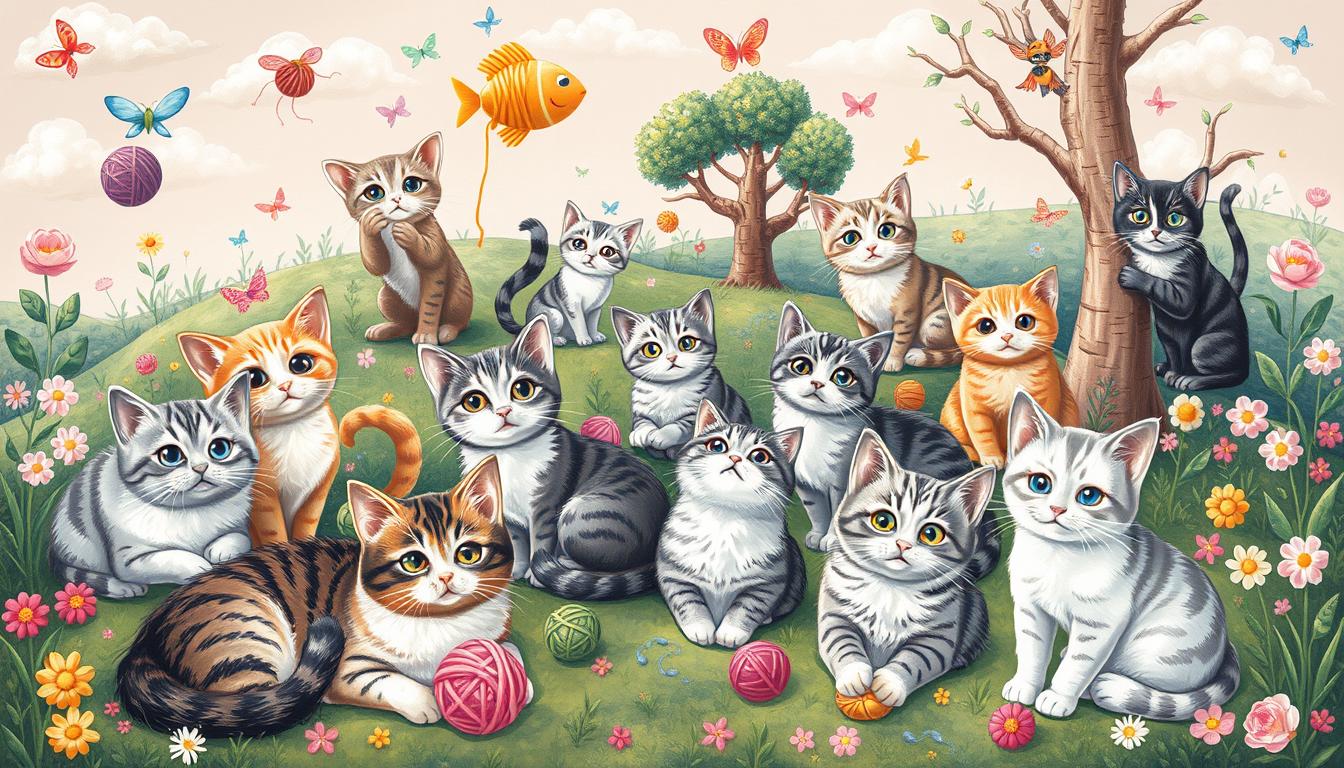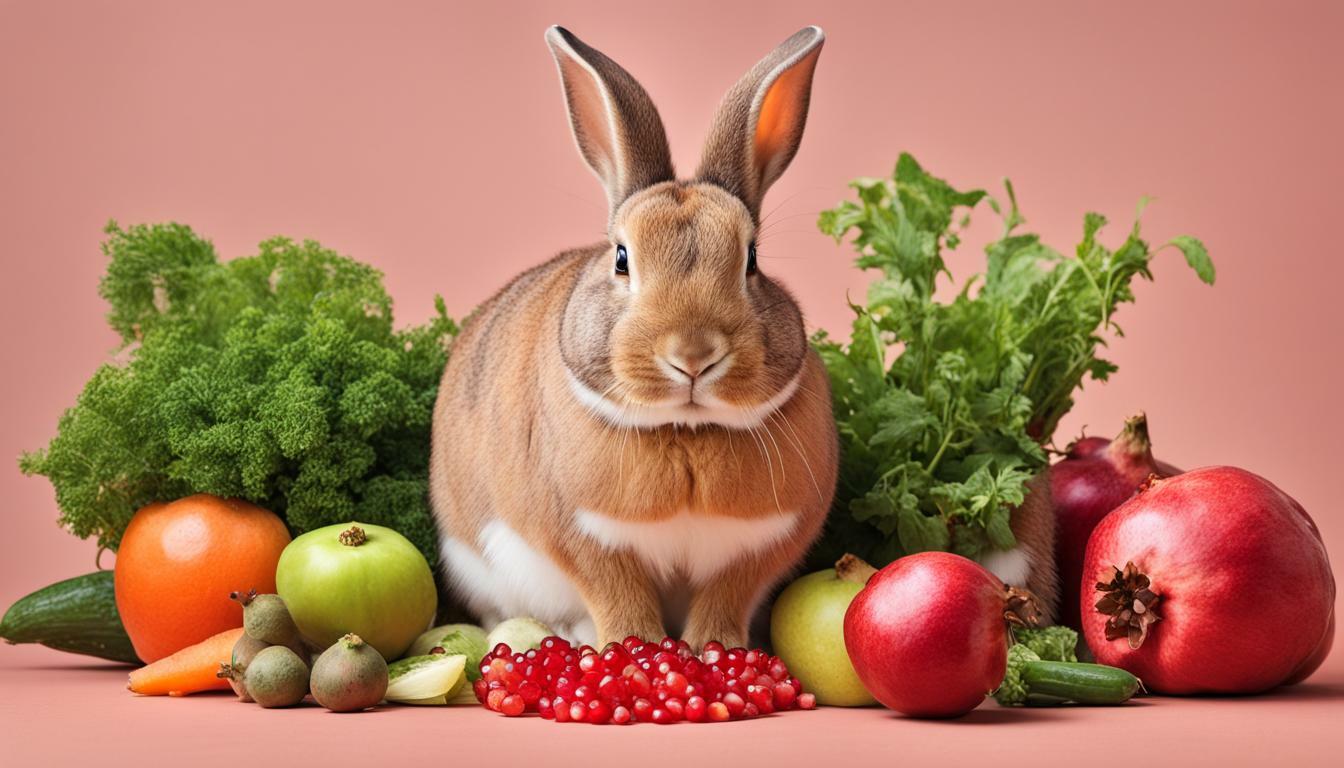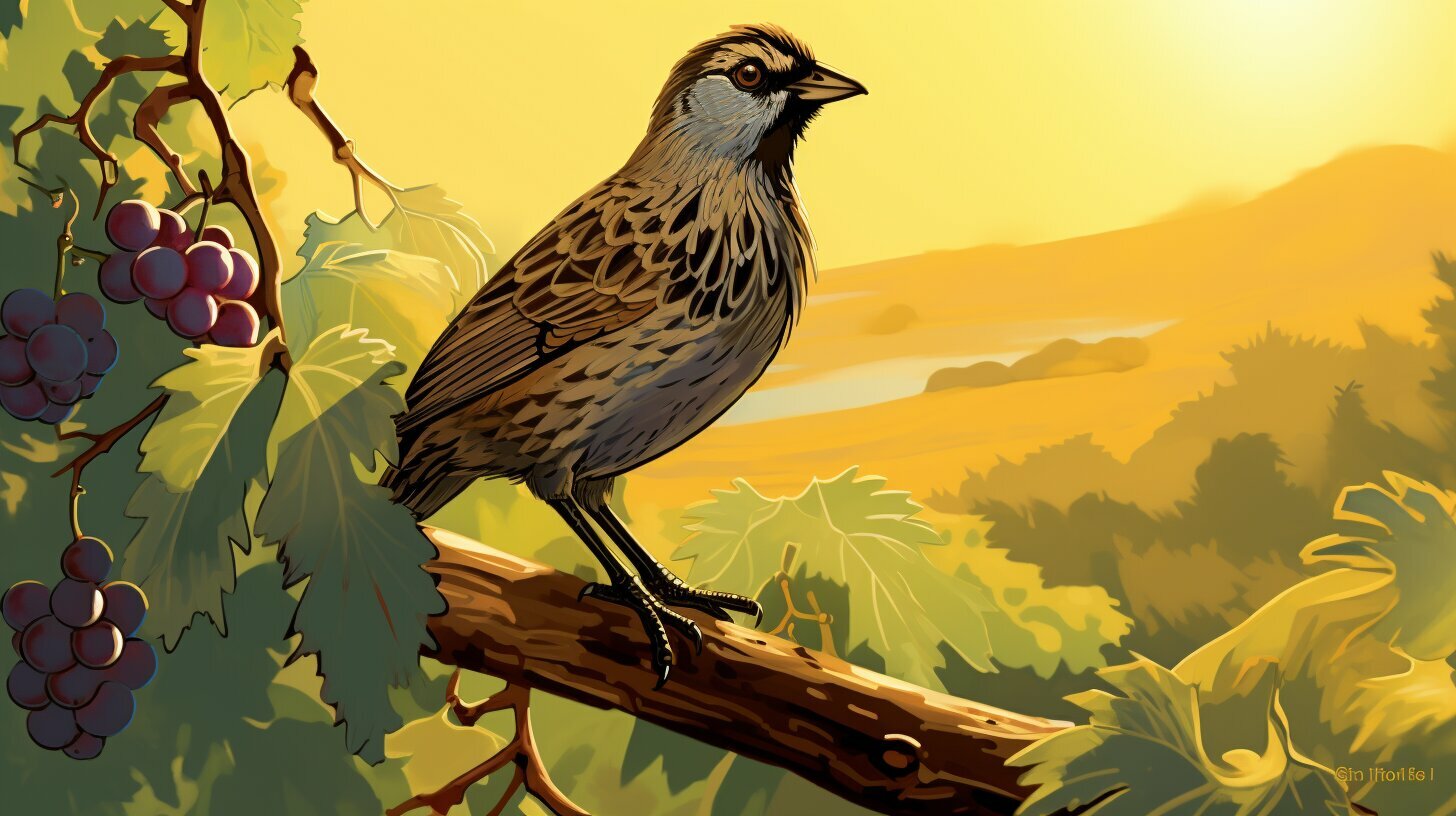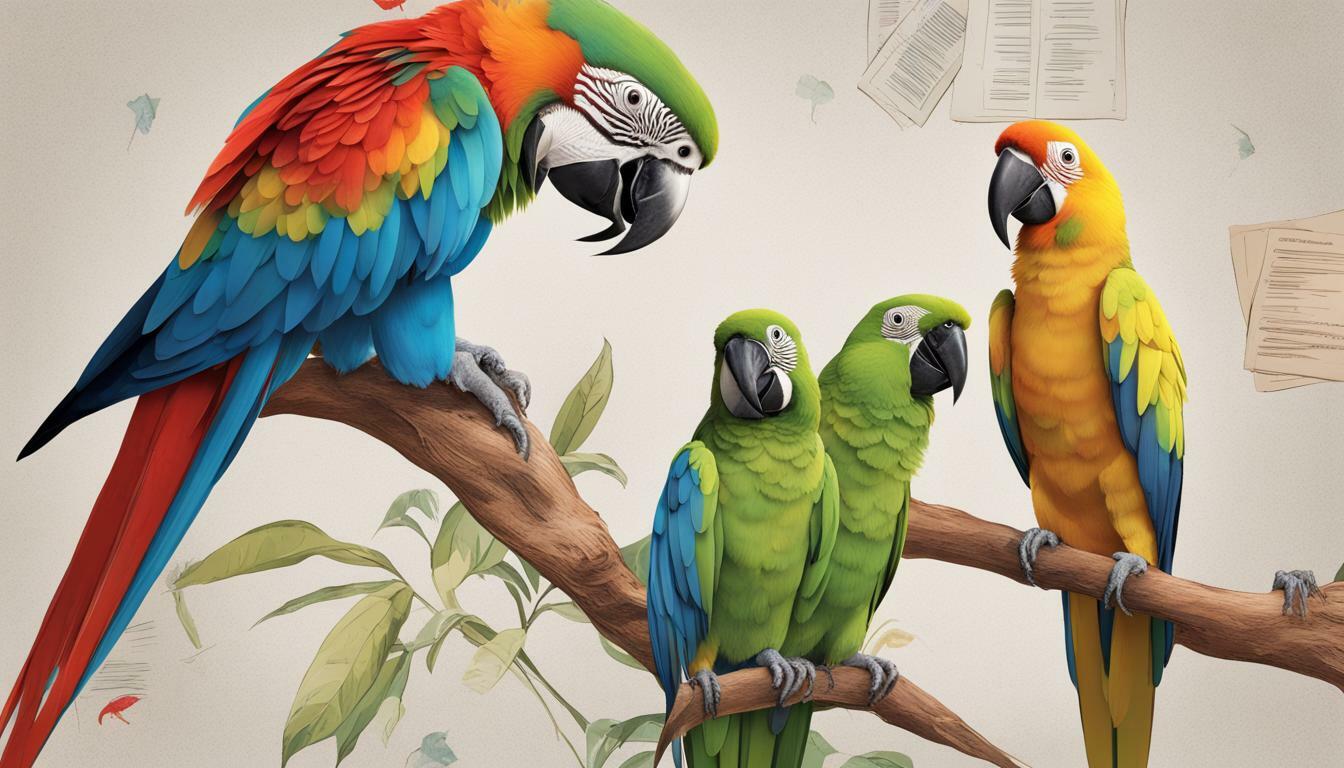Understanding Why Your Rabbit Digs On You
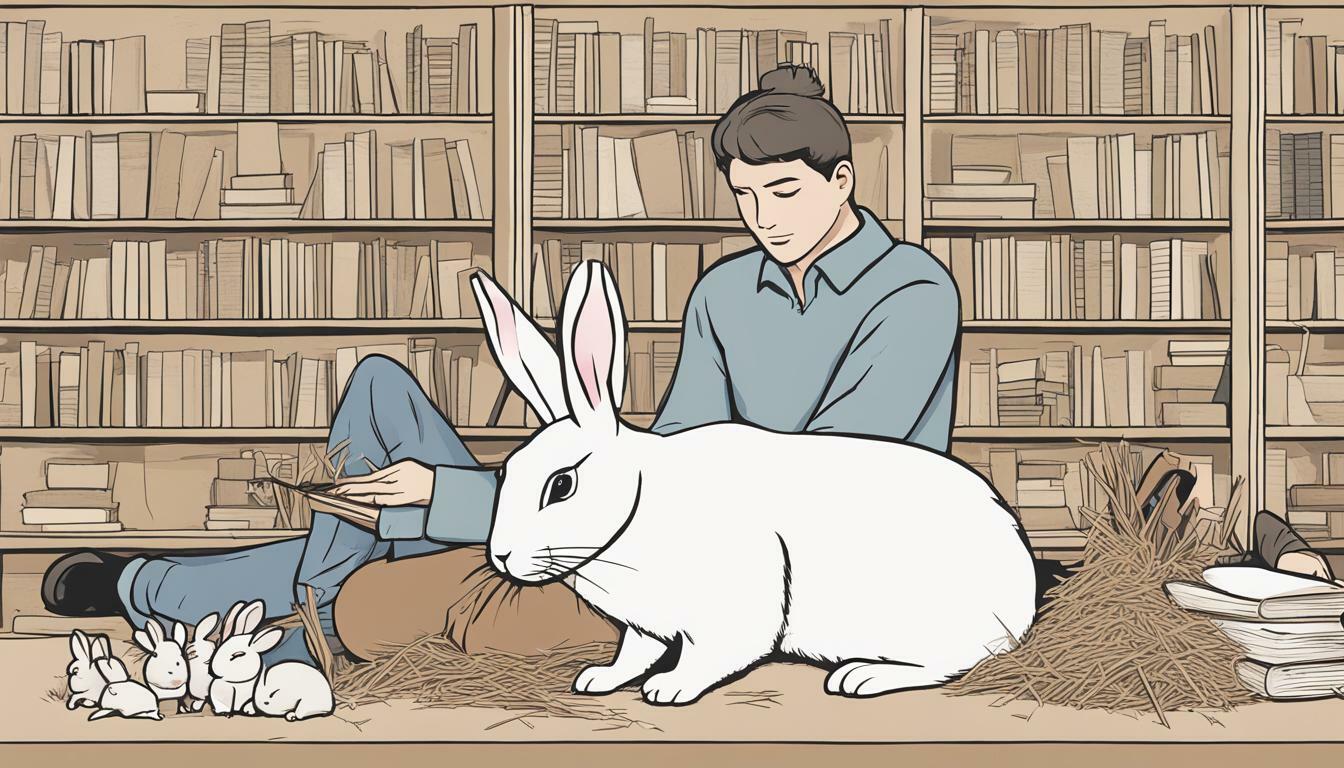
Table of content:
One common behavior that many rabbit owners experience is their bunny digging or scratching on them. This could involve your rabbit digging his front paws into your lap, clothes, furniture, or any other surface while you’re holding or petting him. Digging and scratching on humans is a very common behavior for domestic rabbits. But what does this bunny behavior mean, and how should you react?
Is Digging On You Normal For Rabbits?
Digging and scratching are perfectly normal behaviors for rabbits. In the wild, rabbits are prey animals that live in underground warrens and burrows. Digging and burrowing into the ground helps them create nests, hide from predators, and regulate their temperature. Since our house rabbits retain these natural instincts, they continue to dig – but their habitat is our homes rather than the wild.
Digging on you is typically a sign of your rabbit trying to communicate with you. It doesn’t usually mean they’re angry or upset. In fact, most often it’s a positive signal from your bunny. Below we’ll explore the common reasons pet rabbits scratch and dig at their owners, and tips on handling this behavior.
Why Rabbits Dig On Their Owners
1. Bonding and Affection
One of the most common reasons rabbits dig on their owners is as a means of bonding with you and showing affection. As social animals, rabbits rely on physical touch and interaction with members of their warren. Digging into you mimics natural social grooming behaviors rabbits do together while forming social bonds. So view your rabbit’s digging as them trying to socialize and connect with you!
2. Exploring And Curiosity
Rabbits are incredibly curious, sensory-driven animals. They use their mouths and paws to constantly explore their environment. Digging on you allows them to investigate your smell, texture, and whether you react. So when your rabbit scratches you, it may just be them examining you closer through touch, scent, and hearing your reaction.
3. Attention-Seeking
Some rabbits dig to get their owner’s attention. Since you probably react by talking to or petting them when they scratch you, they learn it’s an effective way to demand your focus. Rabbits are quite intelligent, and can pick up on patterns of behavior that get them what they want faster.
4. Boredom Or Stress
Lack of stimulation and stress are other explanations for excessive or forceful digging. Just like children can act out when bored or anxious, rabbits dig when under-stimulated or feeling pent up energy and stress. Make sure your rabbit has enough interactive toys, exercise time and space, and elements in their habitat like cardboard boxes or tunnels to dig in to channel natural burrowing instincts.
5. Marking And Ownership
Less common, but some rabbits may dig to mark their territory and signal ownership over their owners. Rabbits mark objects as theirs by chinning them with their scent glands. Digging deposits scent from glands on their paws onto you. Spaying/neutering your rabbit can reduce territorial digging behaviors.
How To Get Your Rabbit To Stop Digging On You
If your rabbit’s digging on you is excessive or bothersome, there are some training techniques you can try to discourage the behavior:
- Redirect them to a toy or cardboard box to dig in instead. Reward digging in approved spots.
- Limit access to places they tend to dig on you, like your lap or furniture.
- Use a hand signal like “no” or “ah ah” when they start digging, then redirect them to do something else positive.
- Remove them and place them back in their enclosure for a brief “time out” when they dig on you.
- Avoid yelling or punishments, which can scare them. Stay calm and just redirect.
- Consider having your rabbit spayed or neutered to decrease territorial hormonal behaviors.
- Ensure your rabbit has enough enrichment, toys, and space to satisfy natural burrowing instincts.
With consistency and patience, you can shape this behavior to more acceptable alternatives. But keep in mind digging is in their nature, so they may never stop entirely. As long as they have appropriate outlets, digging on you occasionally is harmless.
Is My Rabbit’s Digging Aggressive Or Dominant?
While digging can be a dominance display in intact rabbits, it is rarely actual aggression or attack behavior. True rabbit aggression or biting usually involves lunging at you, growling, chasing, or nipping during digging.
However, repetitive hard digging, especially paired with territorial urine marking, can signal your rabbit is asserting dominance over you or their space. Dominance behaviors are more likely in unspayed/unneutered rabbits. So should your rabbit become excessively possessive or aggressive, consult an exotics vet about spay/neuter.
Digging With Other Warning Signs
Sometimes digging may occur alongside body language like flattened ears, grunting, or biting the air. These added signals make it more likely your rabbit is digging out of irritation, fear, or pain. Pay attention to their whole demeanor before concluding the cause.
If your rabbit digs on you while showing signs of aggression, injury, or illness, seek input from your veterinarian. Medical issues like dental problems or arthritis can cause lashing out. Or trauma like loud noises or mishandling can trigger defensive behaviors. Ensure your rabbit is healthy and comfortable in their environment before addressing behavioral digging causes.
Final Thoughts
When a rabbit digs and scratches on you, it’s typically a normal social behavior, not cause for concern. With the right tools and training, you can redirect any unwanted digging to more suitable outlets. So be patient, try to understand the underlying motivation, and you can learn to live in bunny harmony with your digging fur baby. Respect their instincts, give them plentiful enrichment, and both you and your rabbit will enjoy the bonding experience.
Welcome. I’m Adreena Shanum, the proud owner of this website, and I am incredibly passionate about animals, especially poultry. I founded adreenapets.com as a labor of love, stemming from my desire to share my knowledge and experiences with poultry enthusiasts worldwide.

